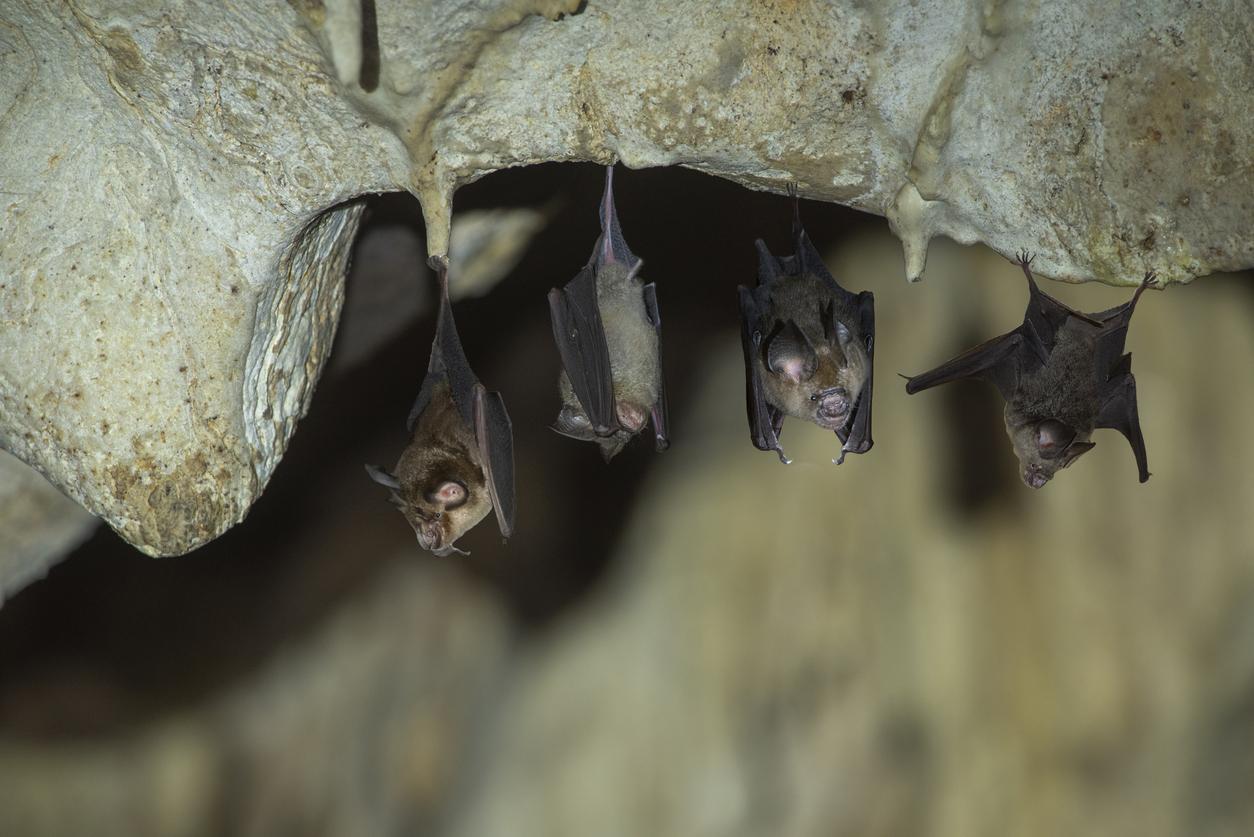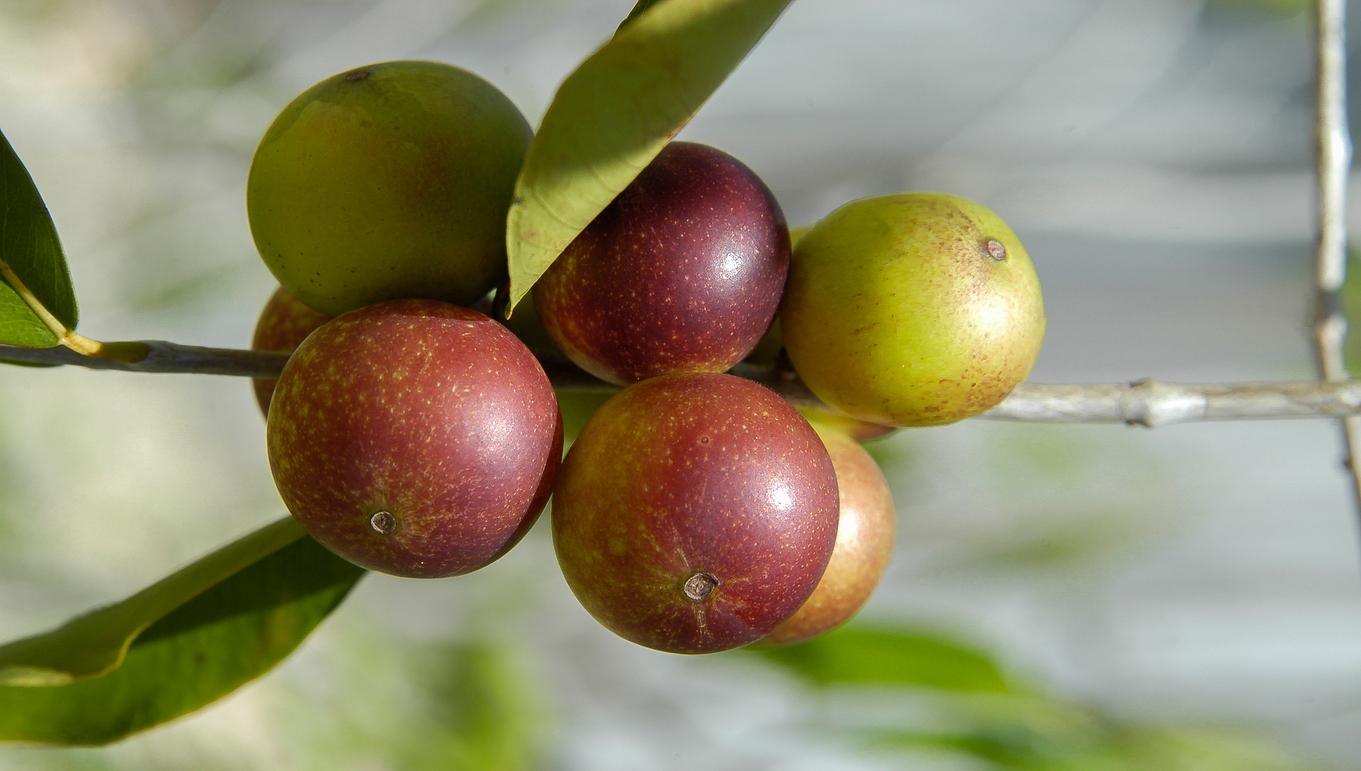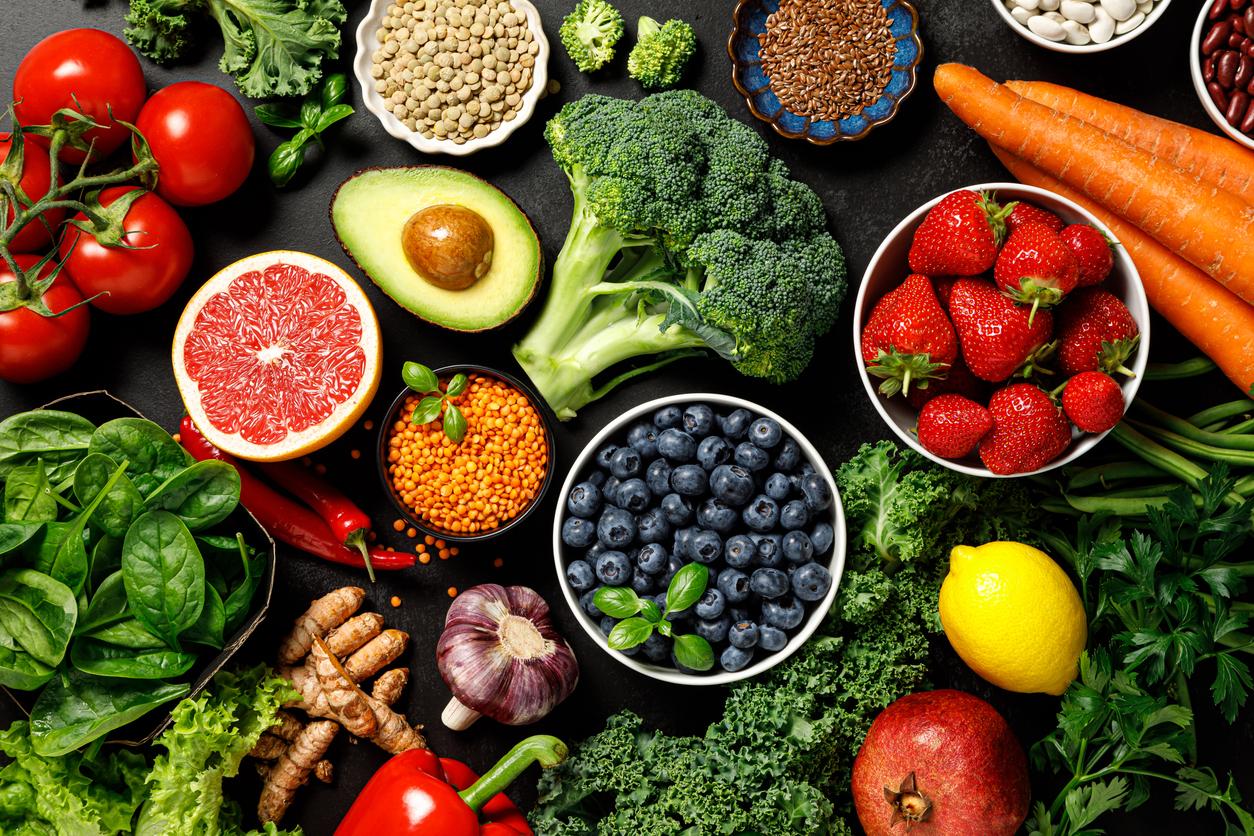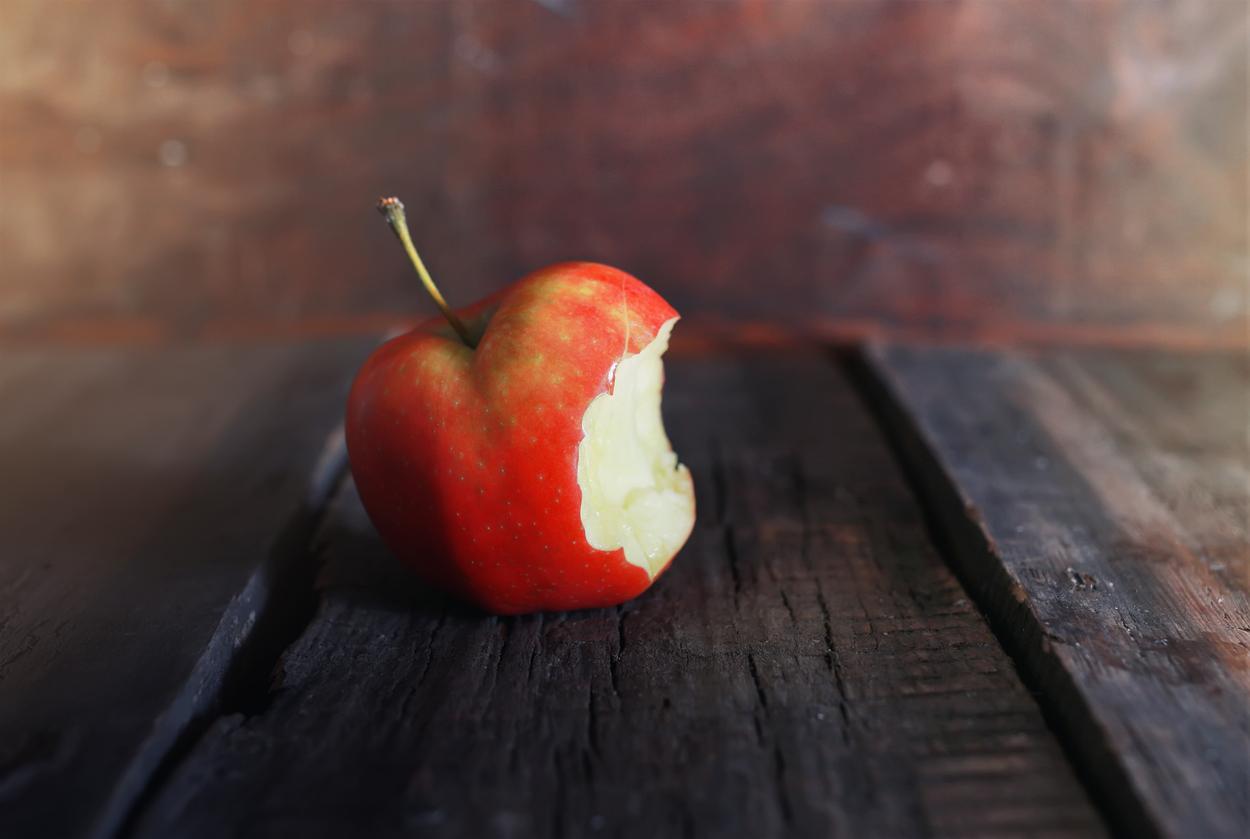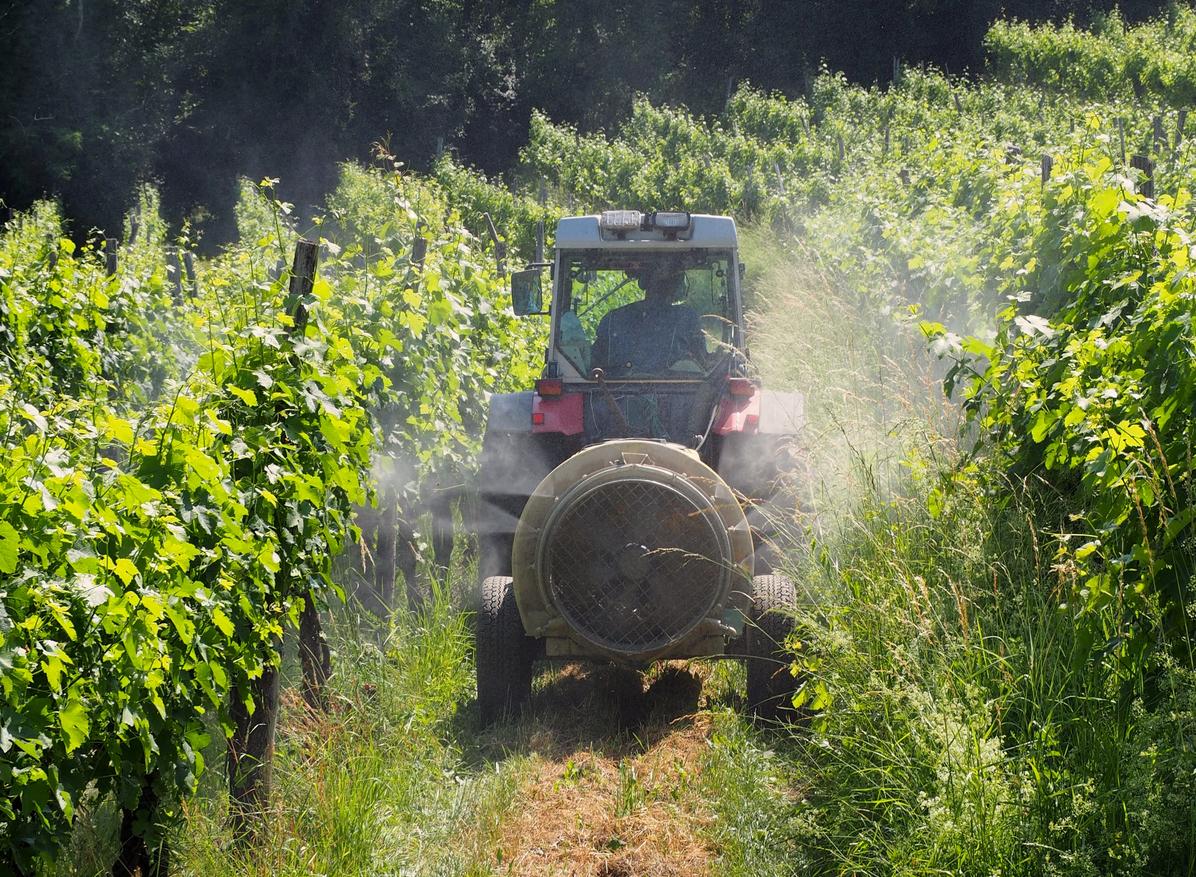Nearly three quarters of apples grown in Europe contain toxic doses of pesticides, according to a report published by the NGO Greenpeace.

Eat apples… poisoned. Greenpeace publishes this morning a report on the fruit most consumed by the French. Its conclusions, drawn from the analysis of samples from twelve European countries, could put off gourmets and upset farmers.
Three quarters of contaminated apples
On the menu: 53 different pesticides detected on the 85 soil and water samples taken in the orchards. About 75% of the samples contained at least one plant protection product. A one in four chance, therefore, of hitting the right apple.
According to the environmental NGO, the vast majority (70%) of the pesticides used to treat these fruits present “a high overall toxicity for human health and wildlife”. This is particularly the case of boscalid, DDT, chlorpyrifos-ethyl or chlorantraniliprole, which cheerfully decorate them.
“Systematic” use
Admittedly, 97% of food consumed in Europe contains pesticide residues, according to a report of the European Food Safety Authority published in March. But the quantities would be below the legal and toxic thresholds. The apple, it is one of the fruits most loaded with residues, assure the authors of this work, which denounce the “toxic burden which the industrial production of apples makes us carry” and the “cocktail of pesticides” used in a way. “Systematic in conventional agricultural production”.
The NGO thus wishes to call on the States of the European Union and industrialists in agriculture and mass distribution to “gradually put an end to the use of synthetic chemical pesticides in agriculture” and support “non-alternatives. chemicals to control pests, especially ecological farming practices ”.
A threat to bees, farmers, consumers …
The deleterious effects of pesticides are well identified and regularly denounced – not enough, however, to change agricultural techniques and legislate against their use. In January 2014, more than a thousand anonymous doctors signed a platform to launch the alert on the visible consequences of phytosanitary products: Parkinson’s disease, prostate and blood cancers, congenital malformations … But also infertility, obesity, early puberty.
“The impacts of industrial agriculture are numerous, from soil and water pollution to the decline of bees and other pollinators, including harmful effects on the health of farmers, their families and consumers,” conclude members of Greenpeace.
.










